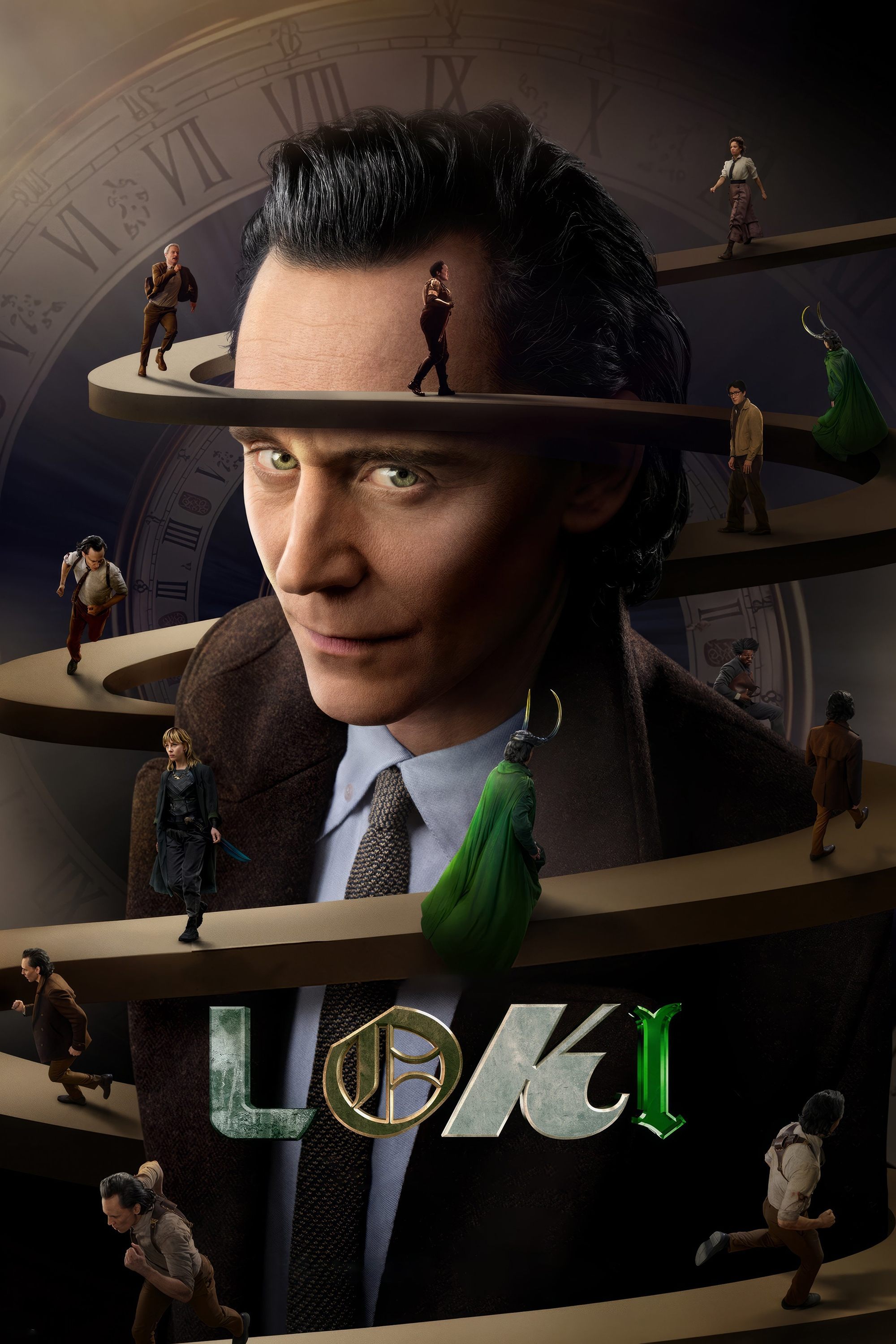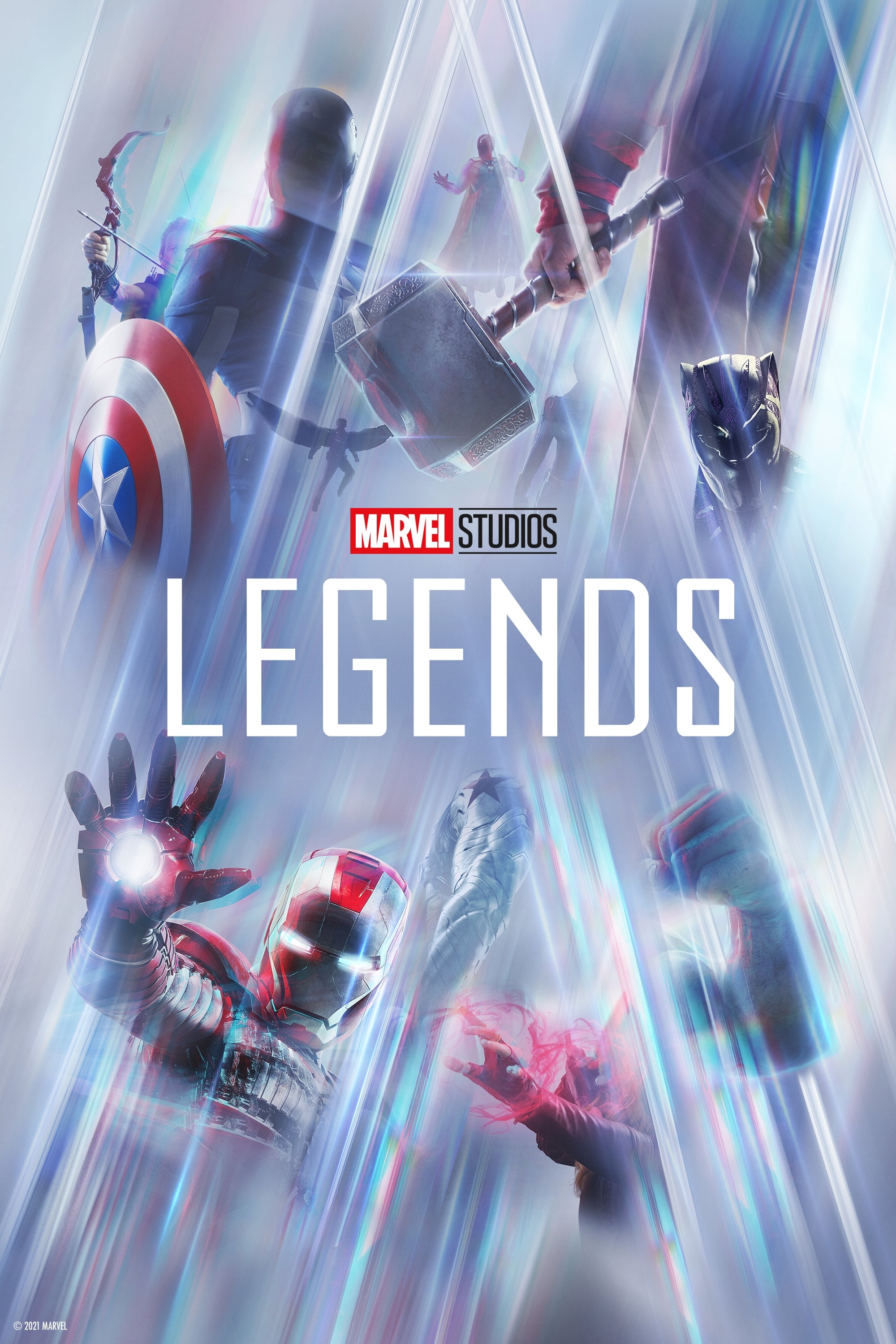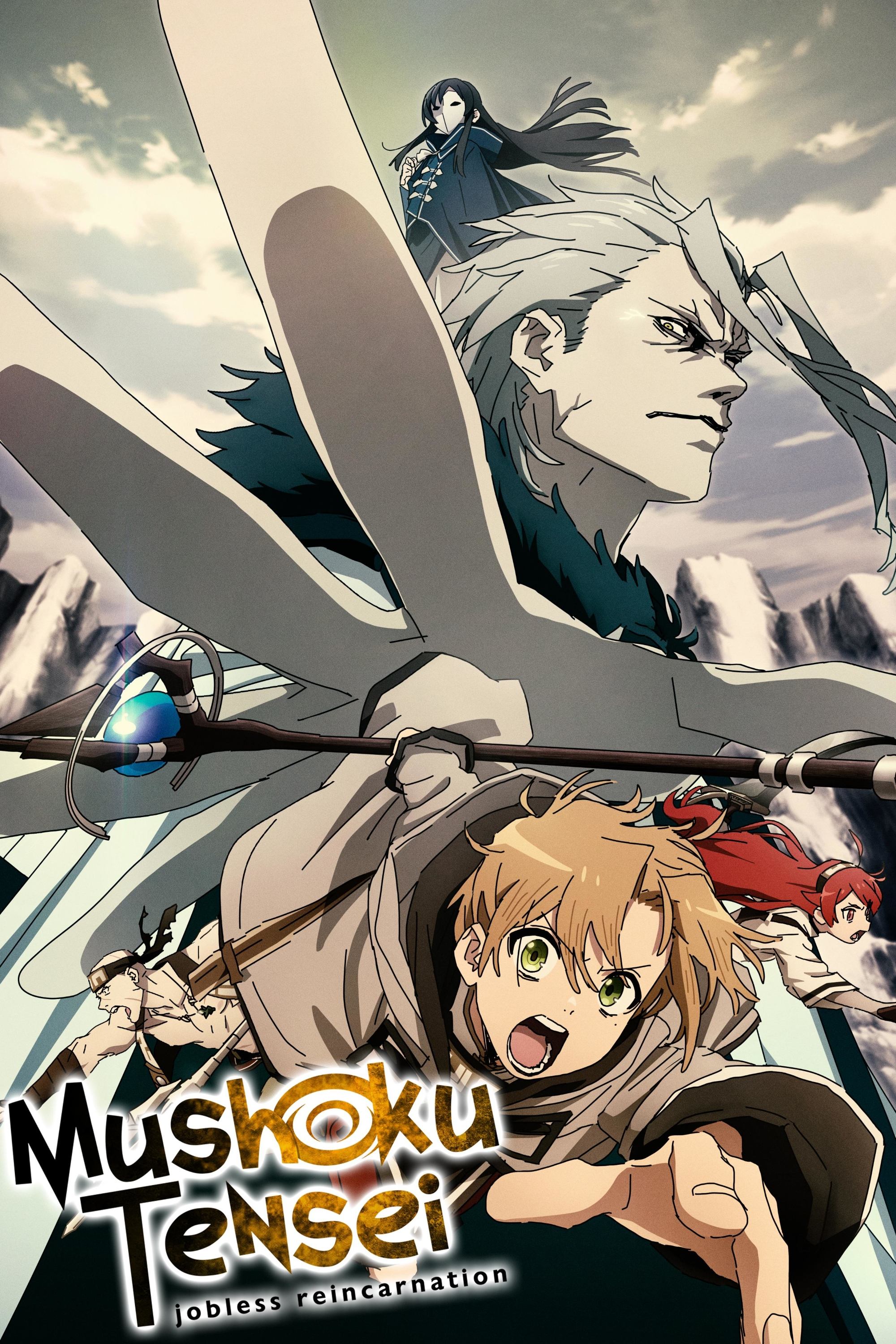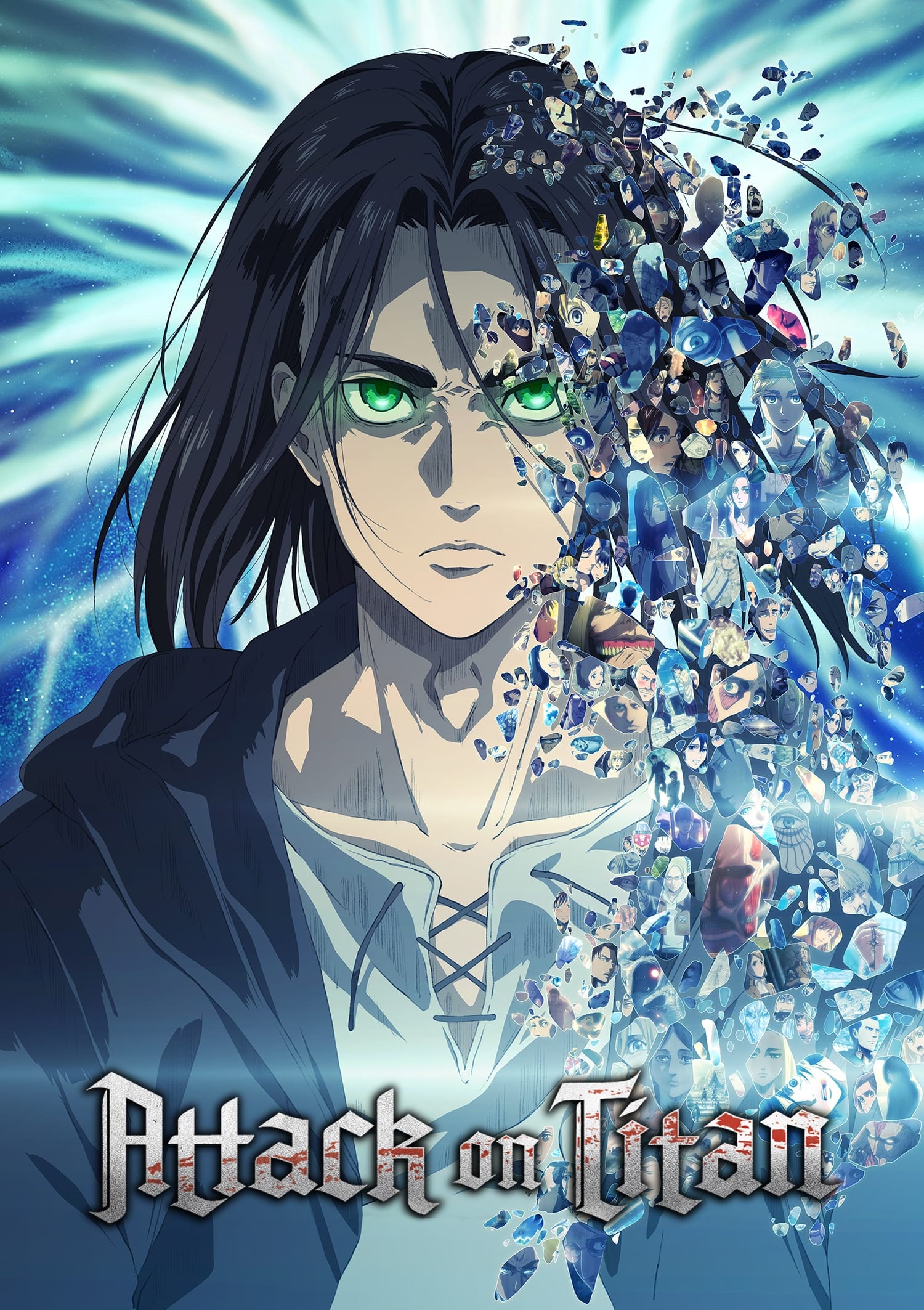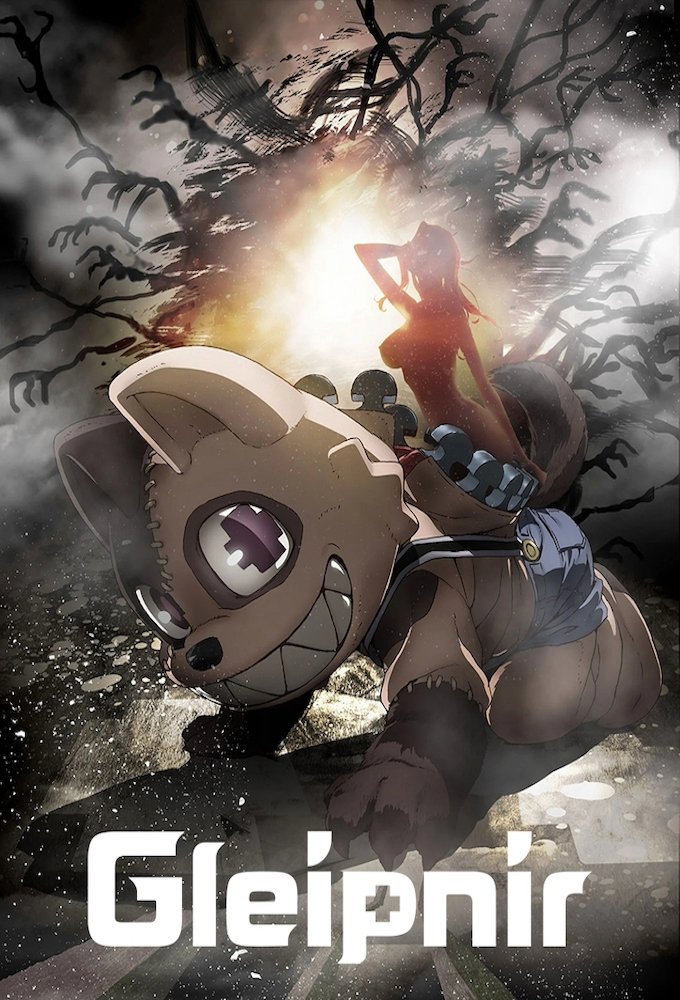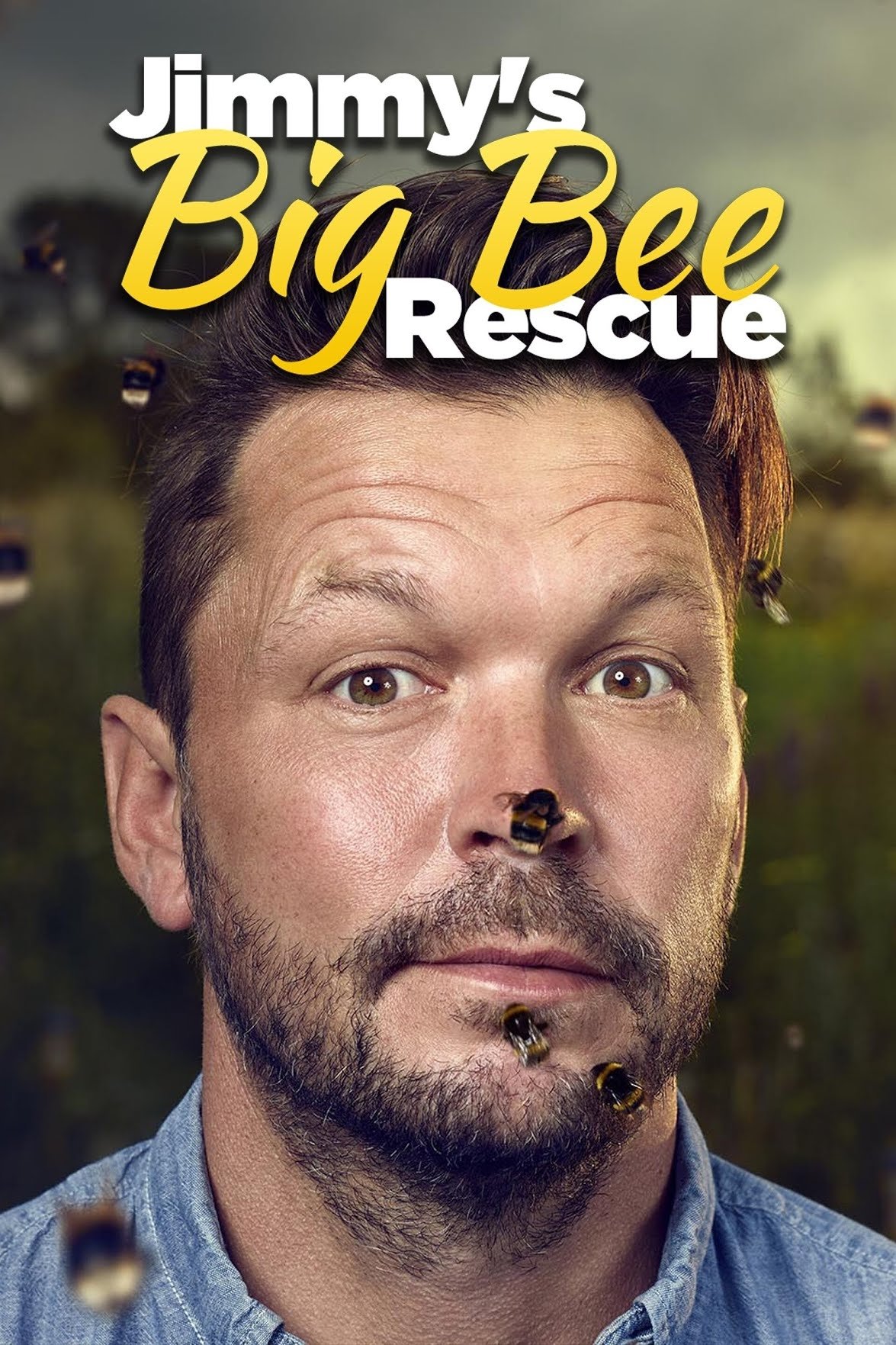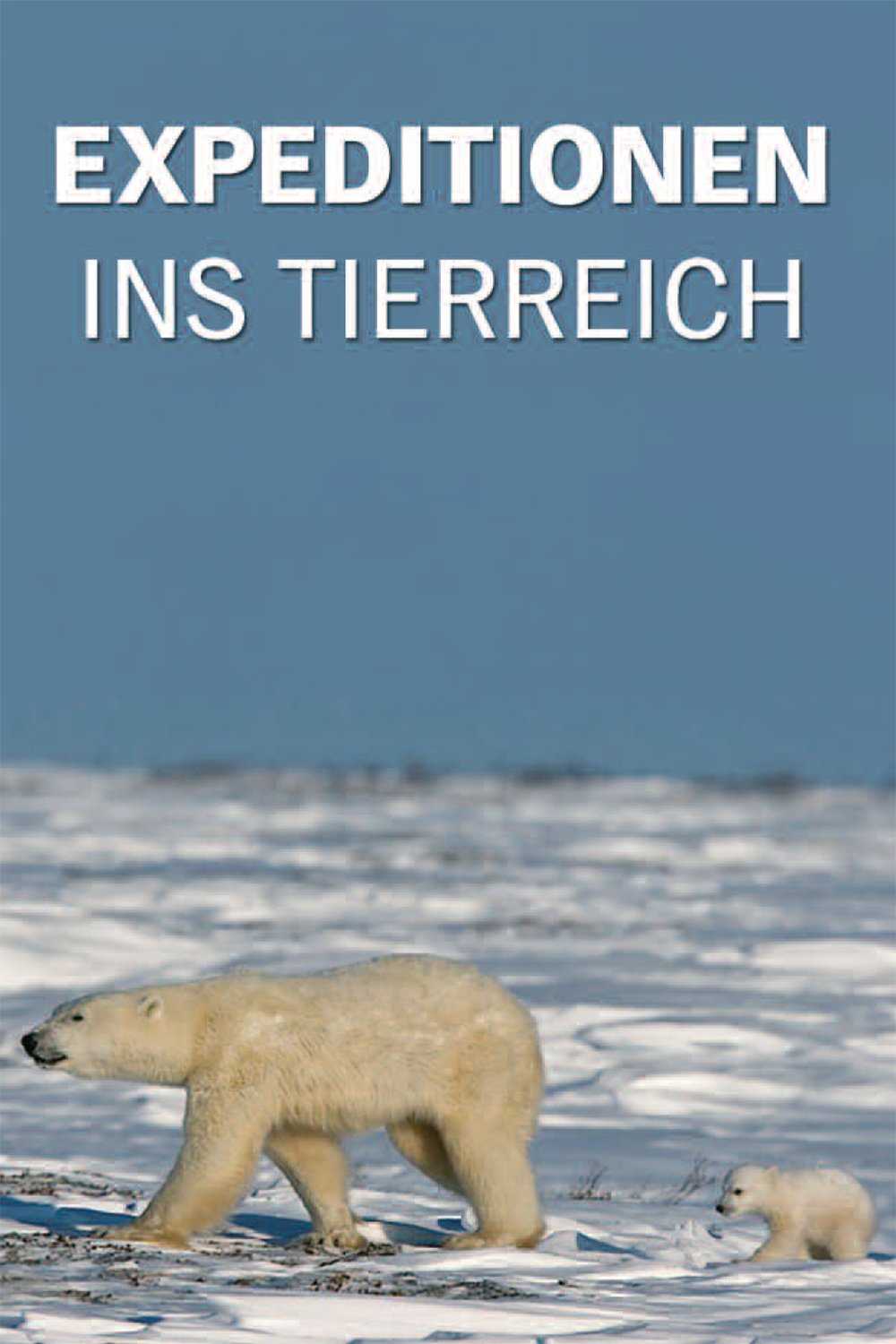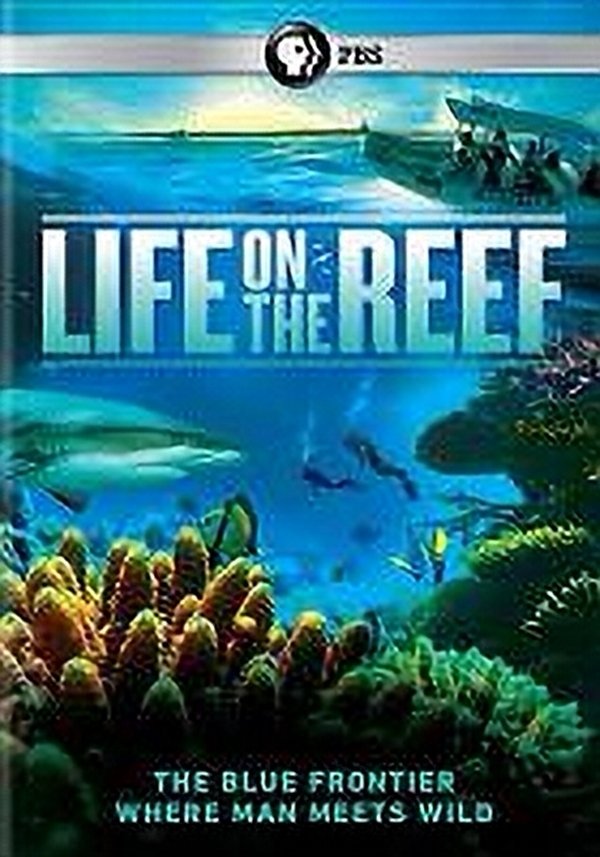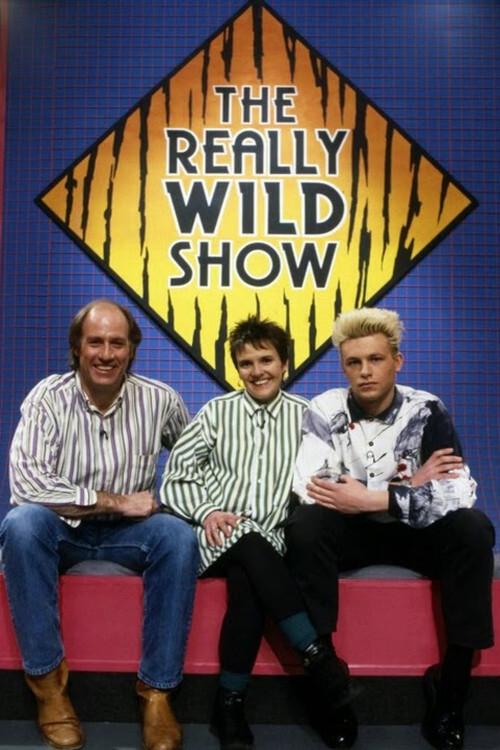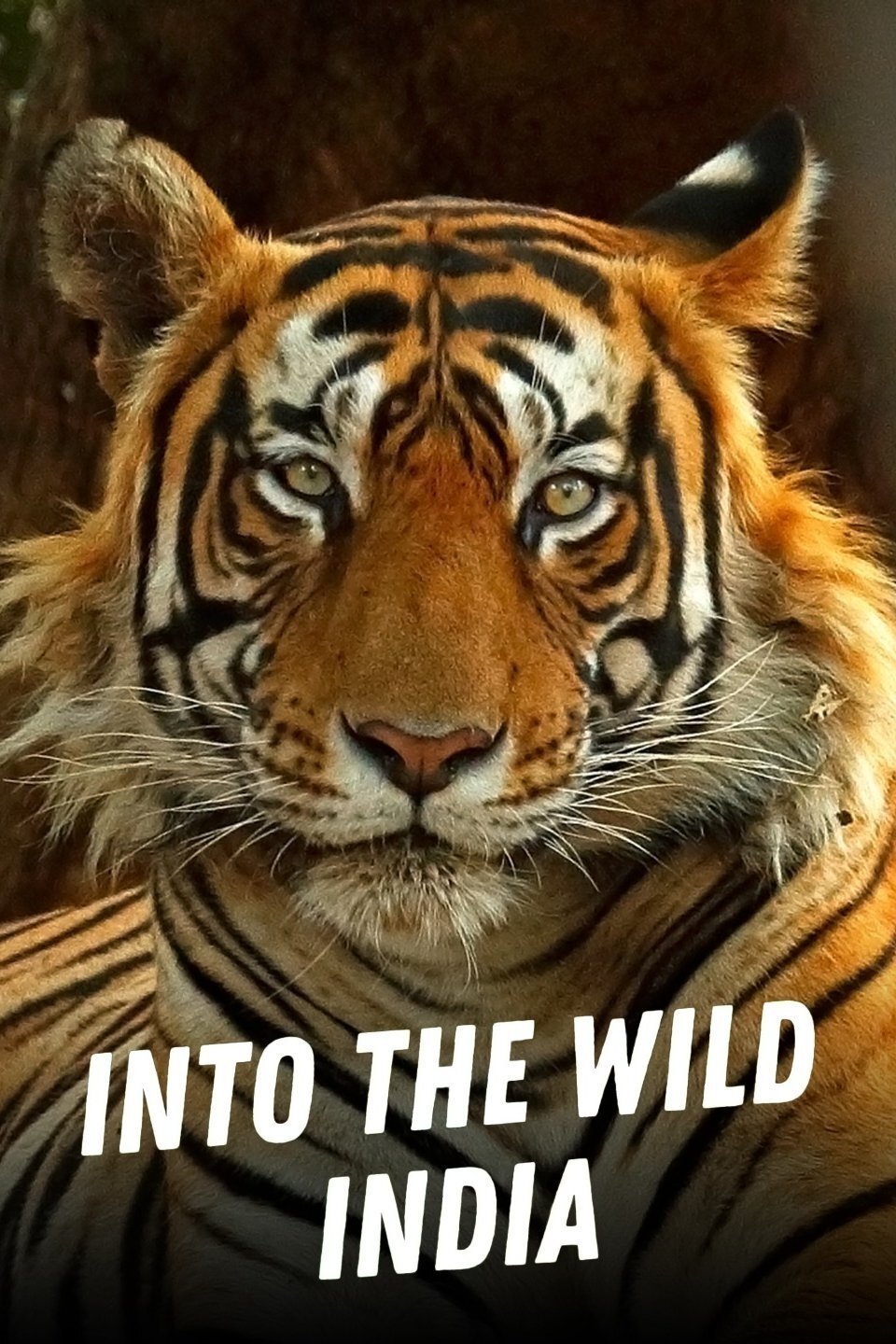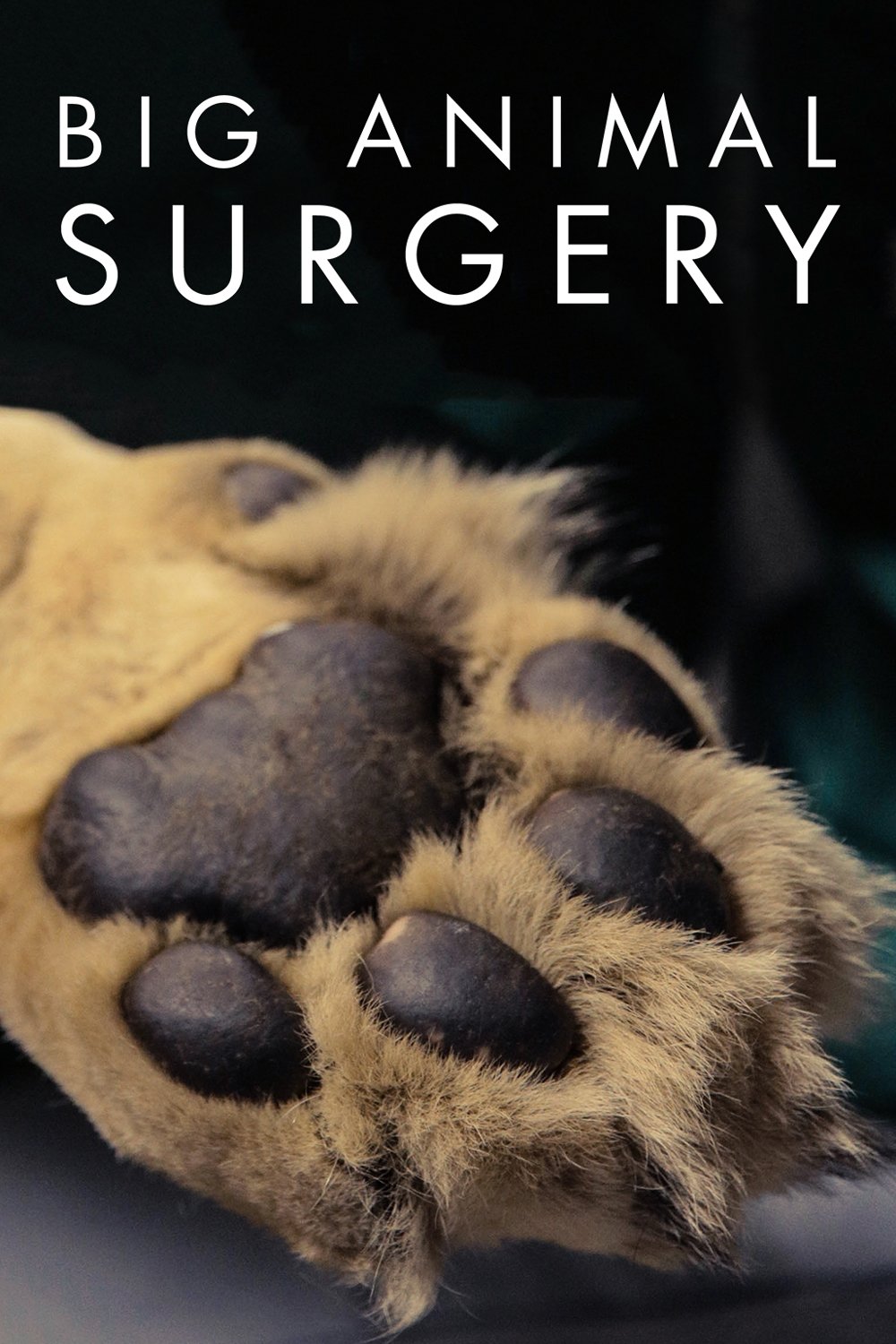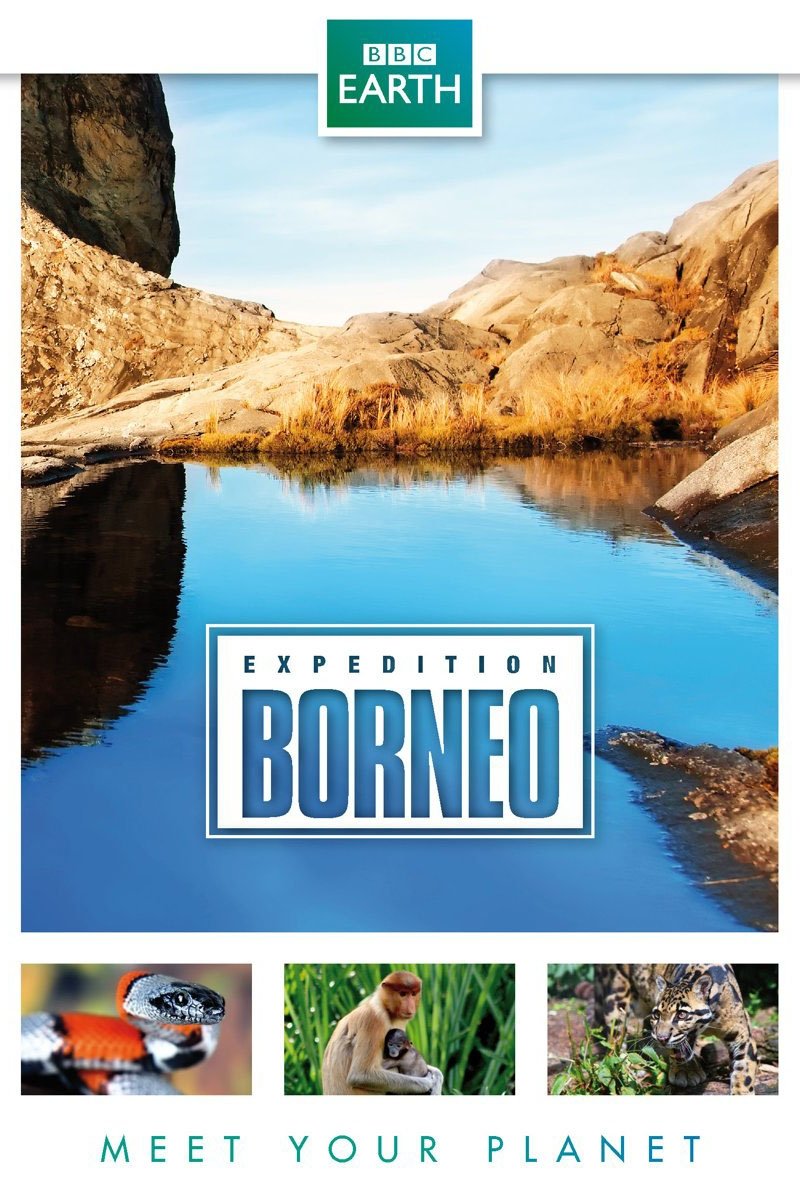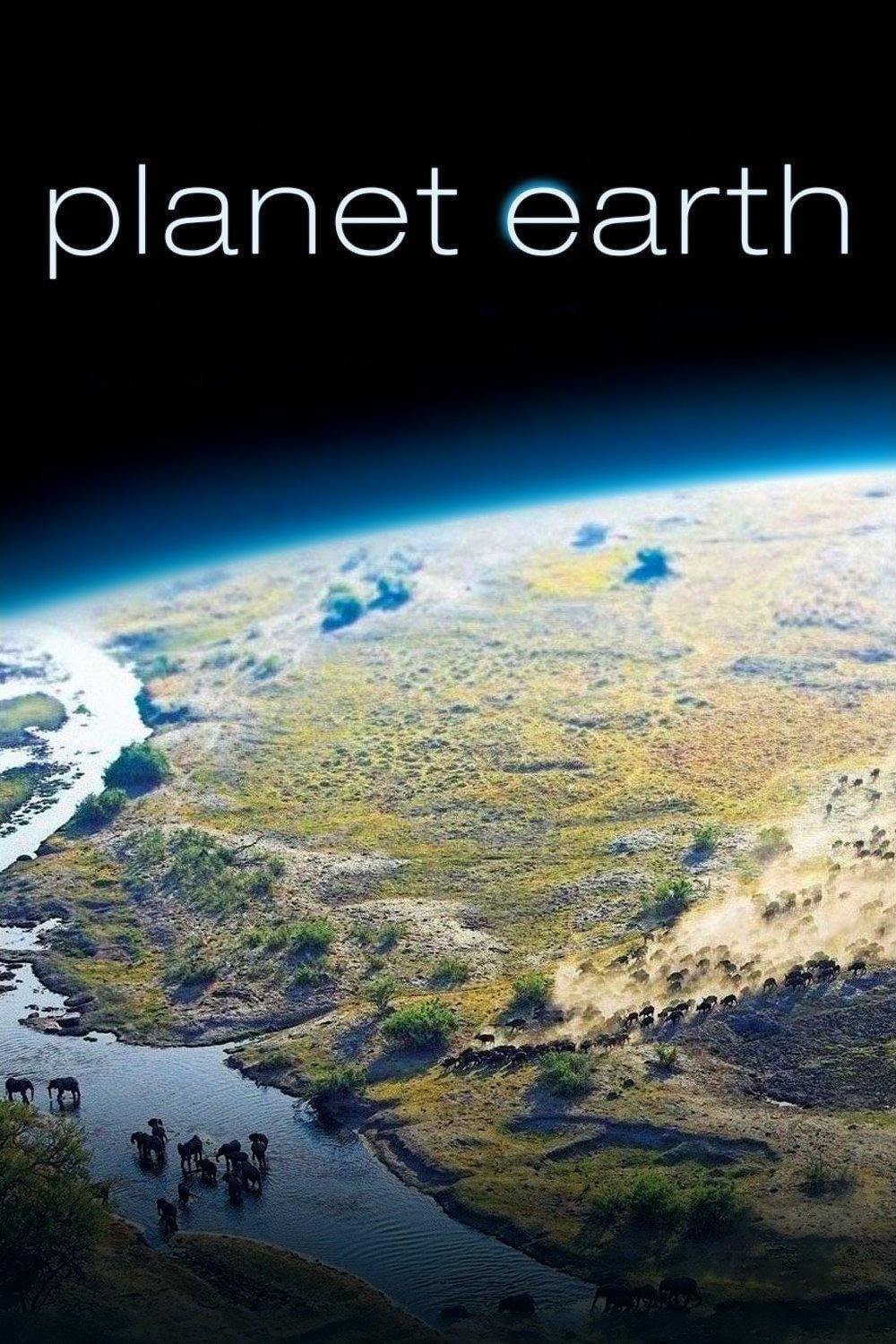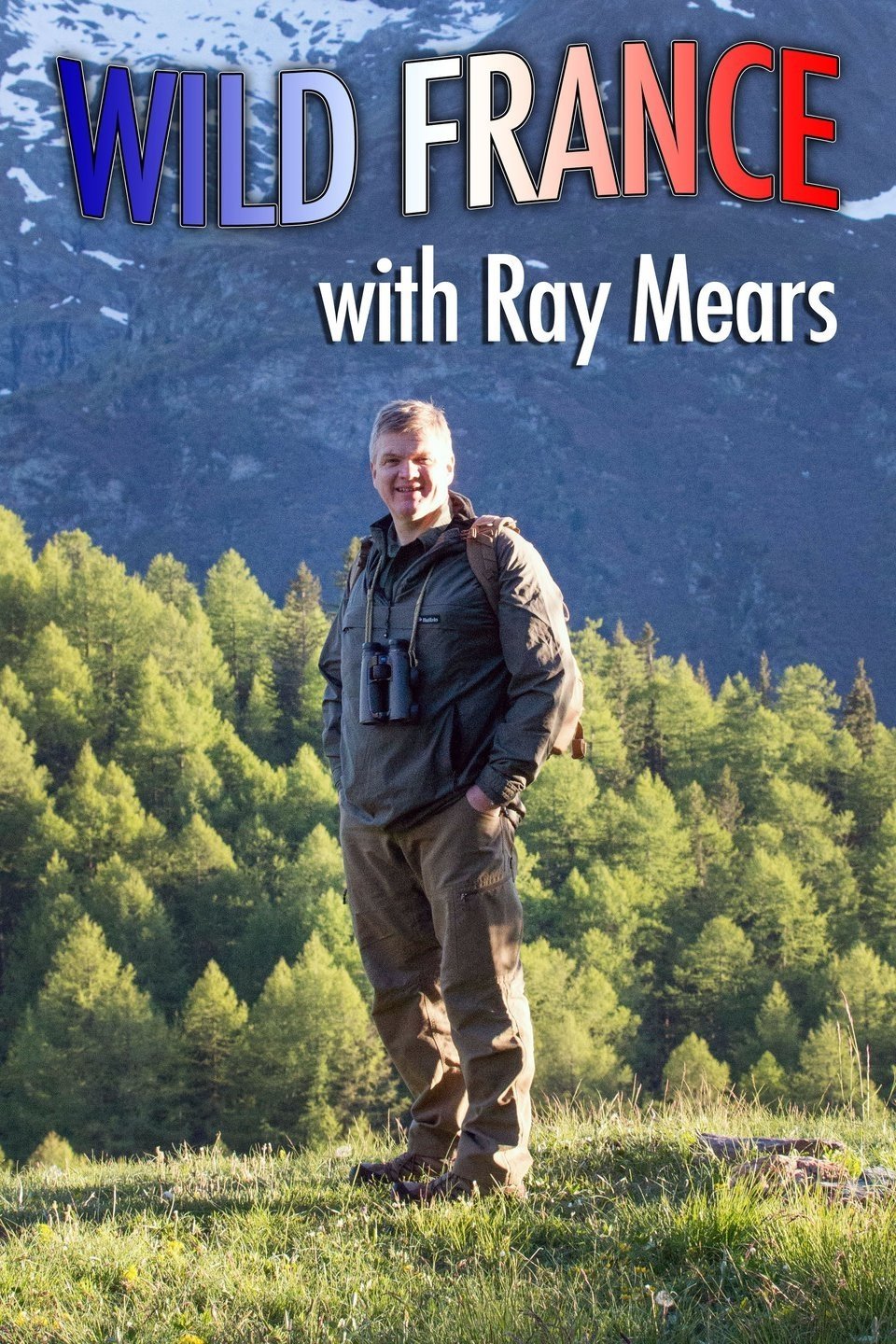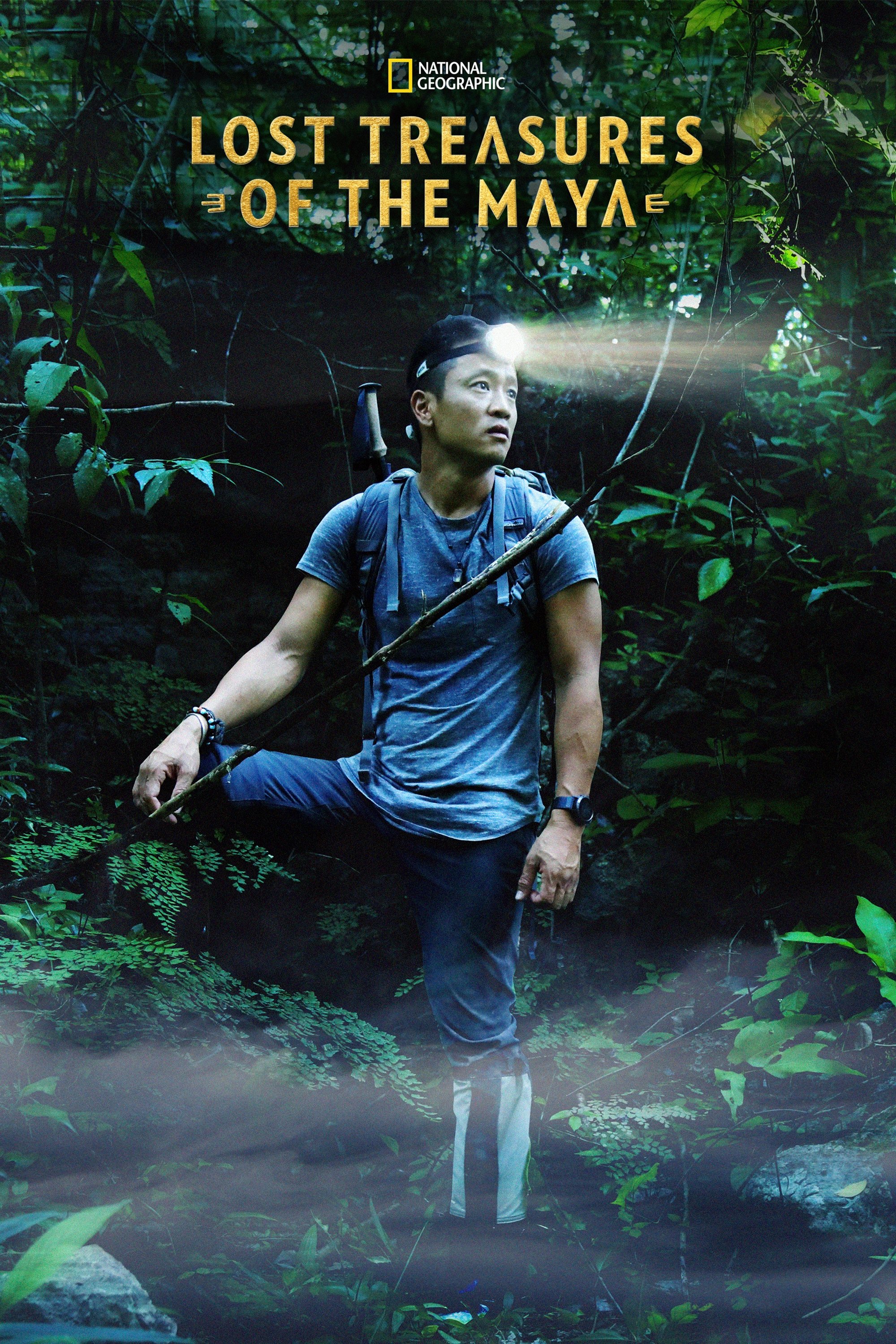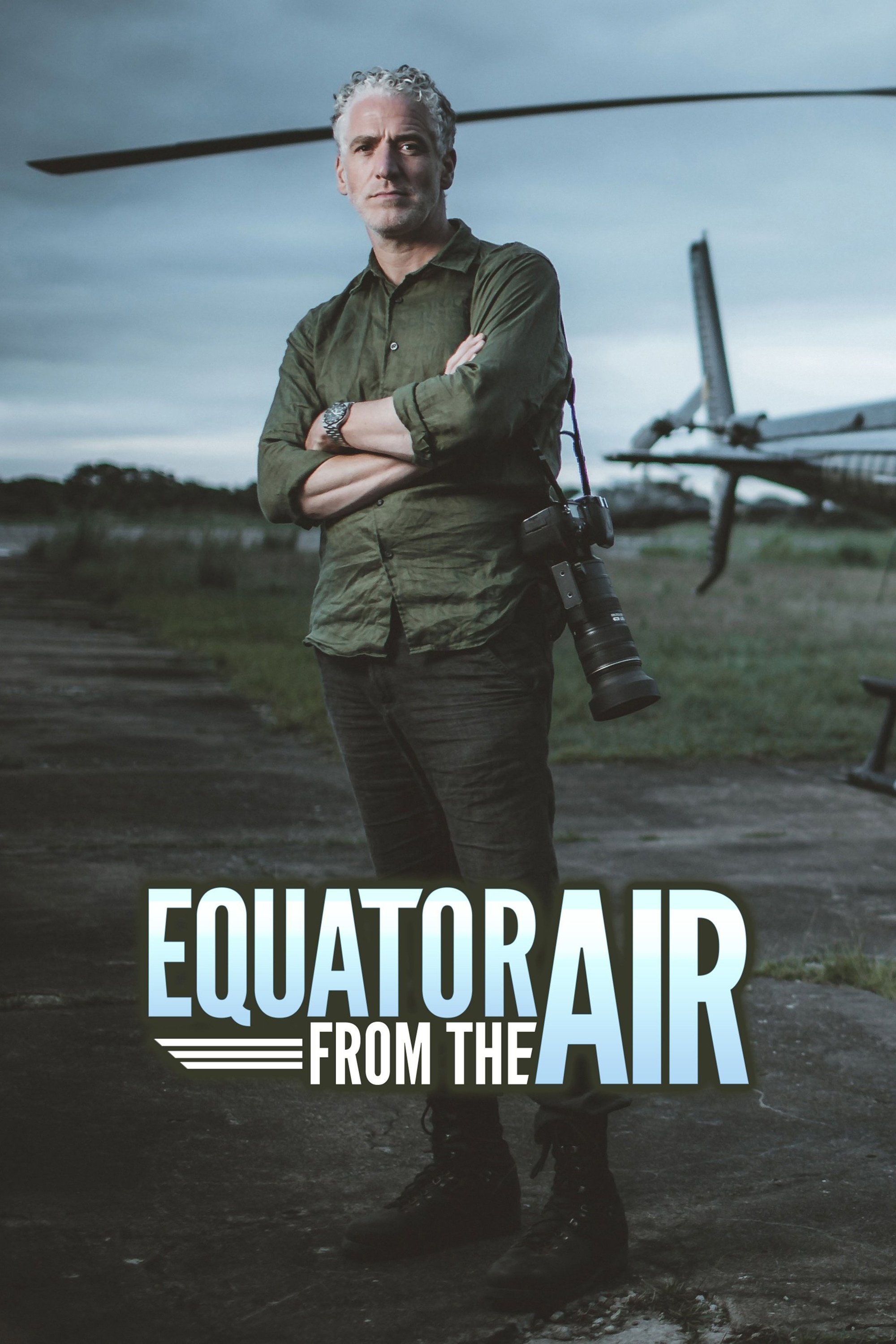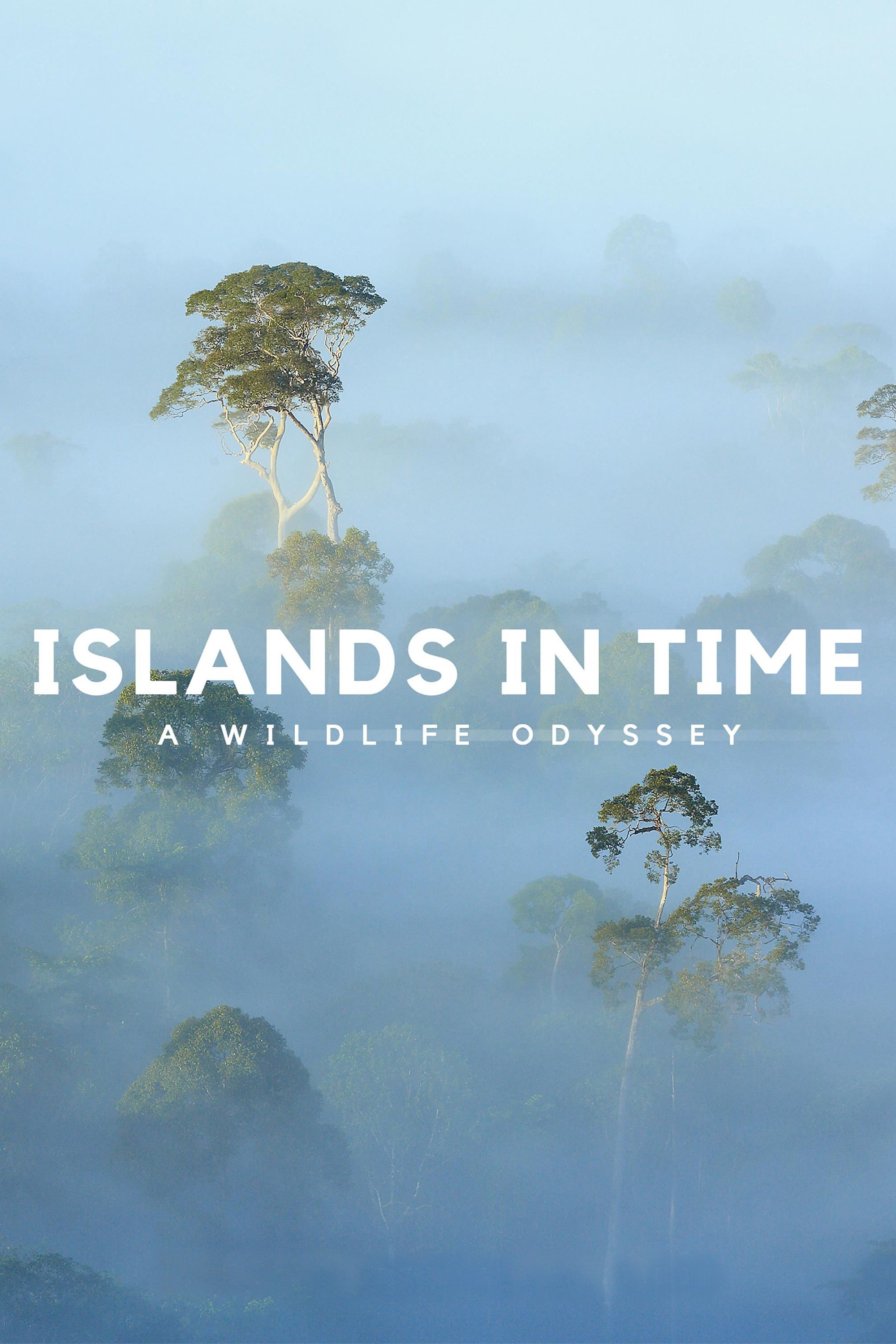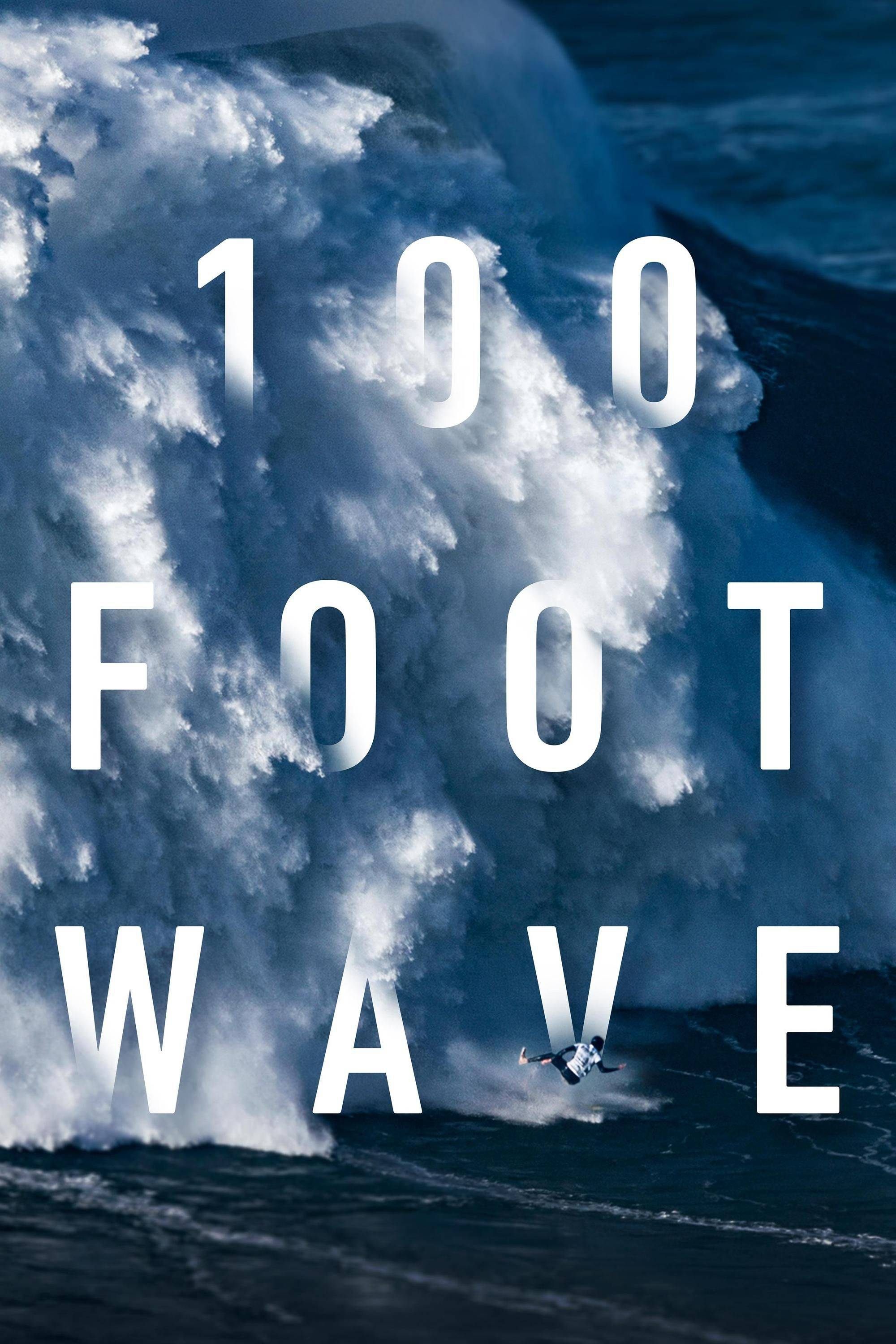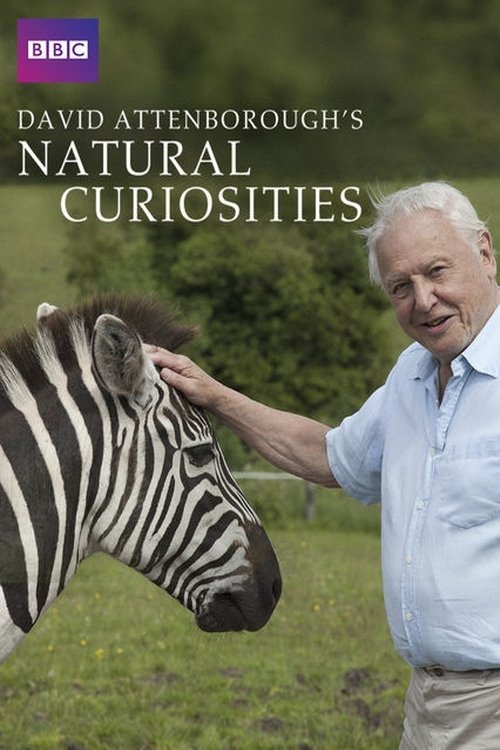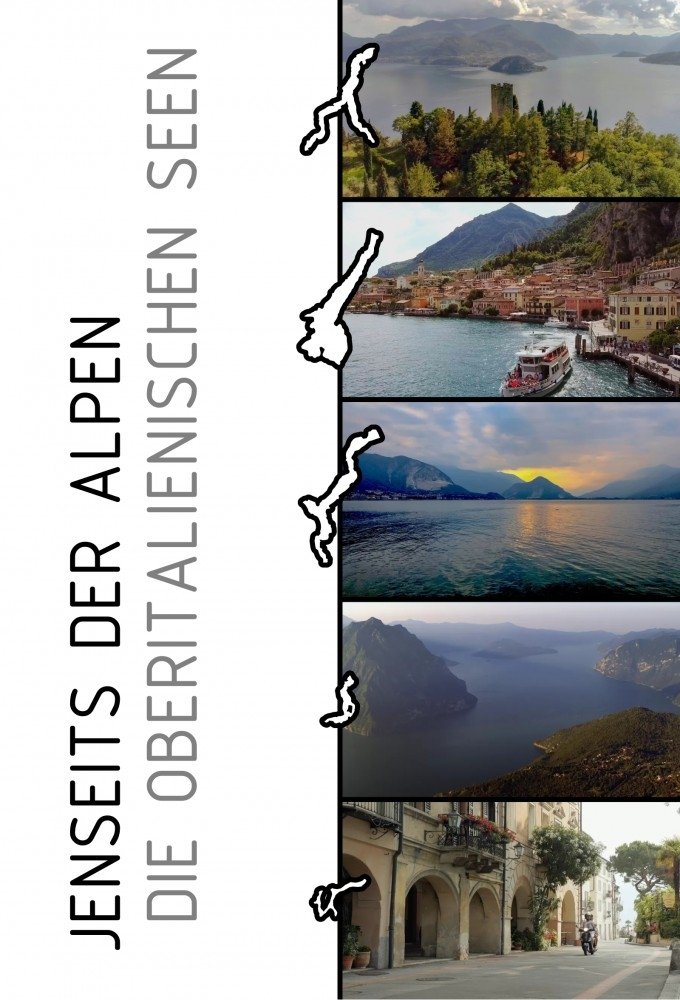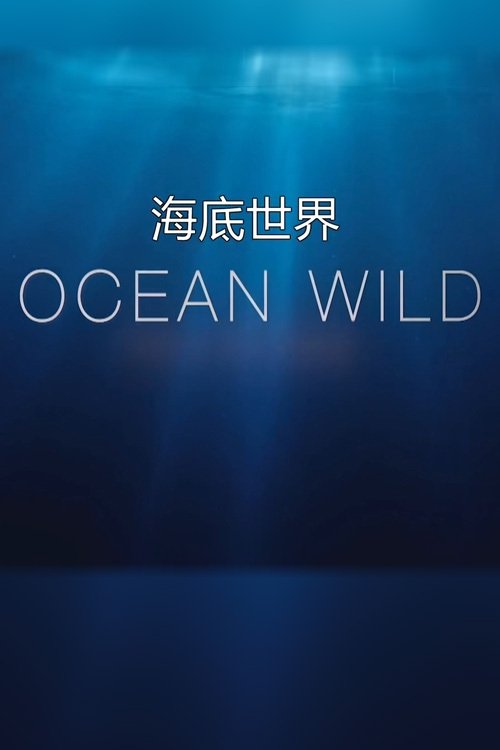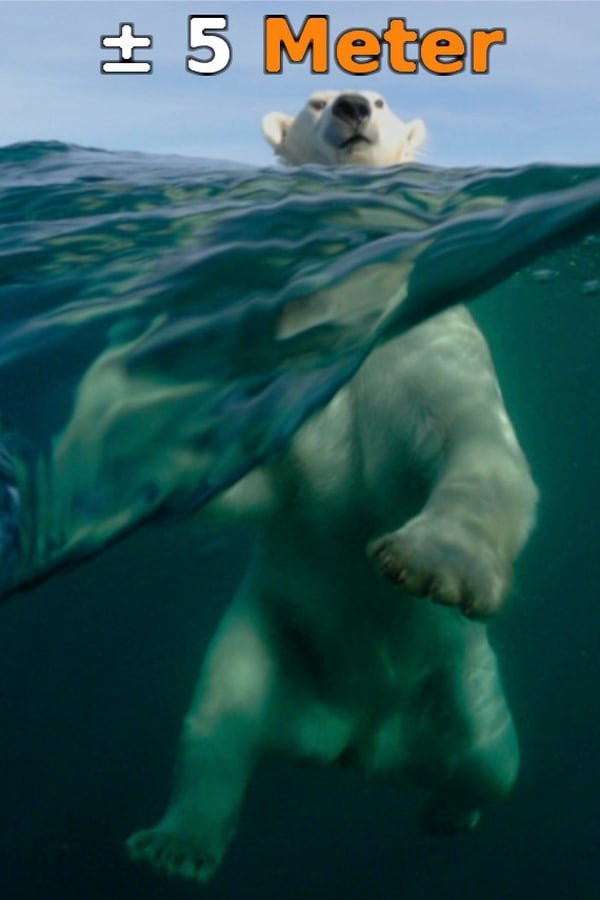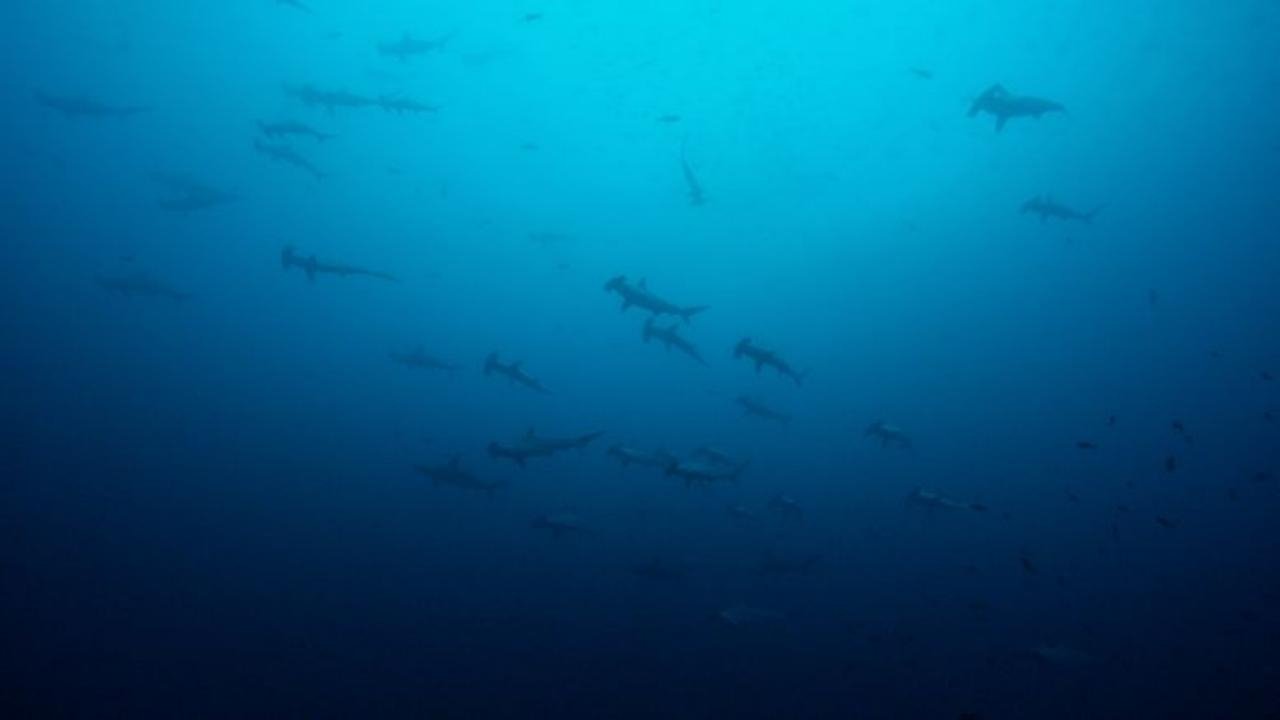
Oceans
Four marine experts explore the planet's greatest wilderness - the oceans. They reveal the hidden stories of the deep through archaeology, geology, marine biology and anthropology.
Four marine experts explore the planet's greatest wilderness - the oceans. They reveal the hidden stories of the deep through archaeology, geology, marine biology and anthropology.
series not in production
Ended

Documentary
Seasons | 1
Episodes | 8
avg.Runtime | 60 min
First EP | 2008-11-12
Last EP | 2015-07-11
Overview
Stream on
Oceans is an eight-part series on BBC Two, which seeks to provide a better understanding of the state of the Earth's oceans today, their role in the past, present and future and their significance in global terms. Paul Rose also documents some of the scientific observations his team made as a feature for BBC News.
Created by
Produced by
Season List
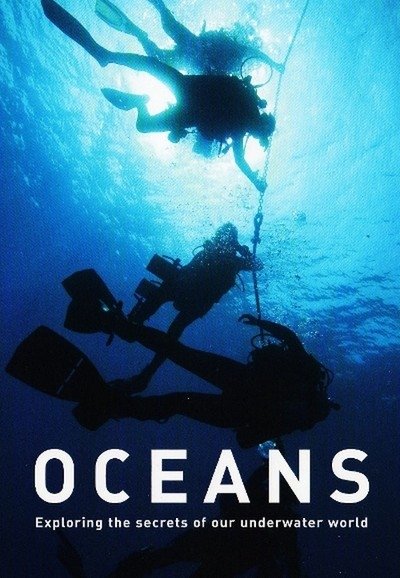
season 1 || Season 1
Relesed on | 2008-11-12
1
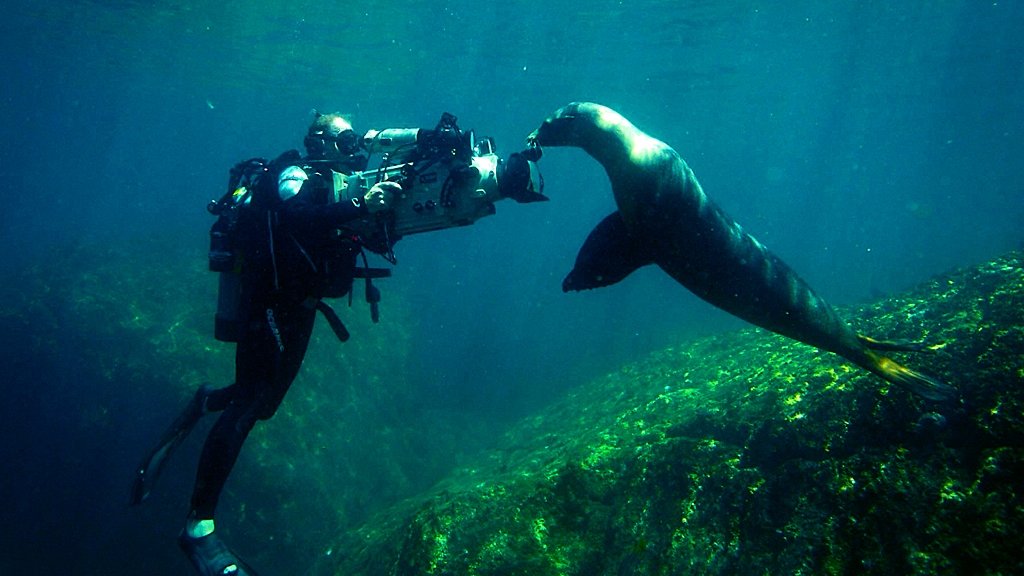
Sea of Cortez
2008-11-12
A guide to the sites visited by the Oceans team in the Sea of Cortez. The team explore how a unique ocean paradise is under threat. They dive stormy seas to investigate how a giant predator, the cannibalistic Humboldt squid, is invading this sea, and search for the threatened hammerhead shark.
Then, in an extraordinary encounter, the team carry out pioneering science on one of the largest carnivores on earth.
2
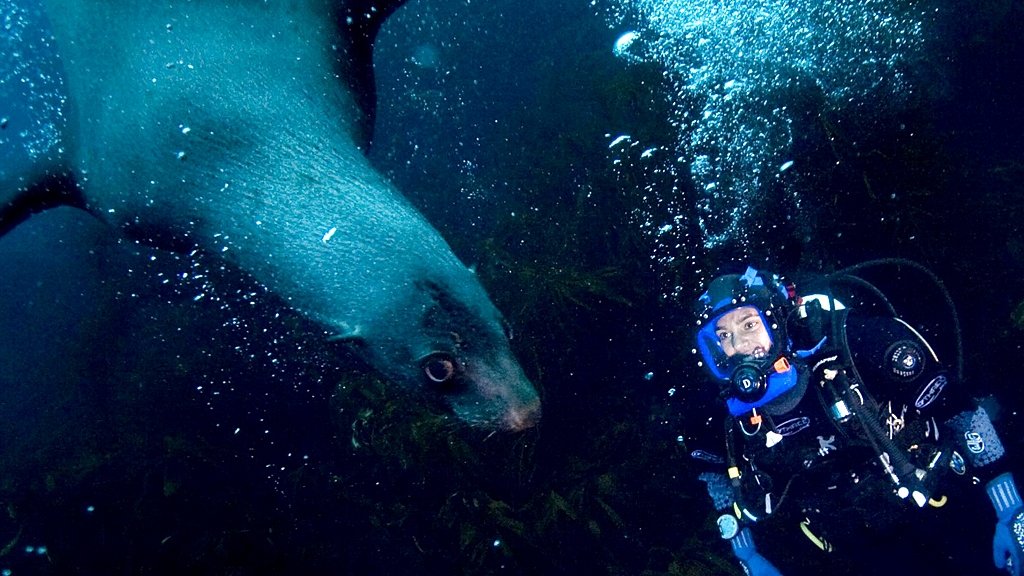
Southern Ocean
2008-11-19
A guide to the sites visited by the Oceans team in the Southern Ocean. The team go in search of one of the planet's most curious and enigmatic creatures. The team also explore the iconic kelp forests to investigate how they're being threatened by the rise in sea temperatures and a new predator. Finally they enter a maze of perilous sea caves to hunt for evidence of ancient sea creatures that can reveal how this ocean formed.
3
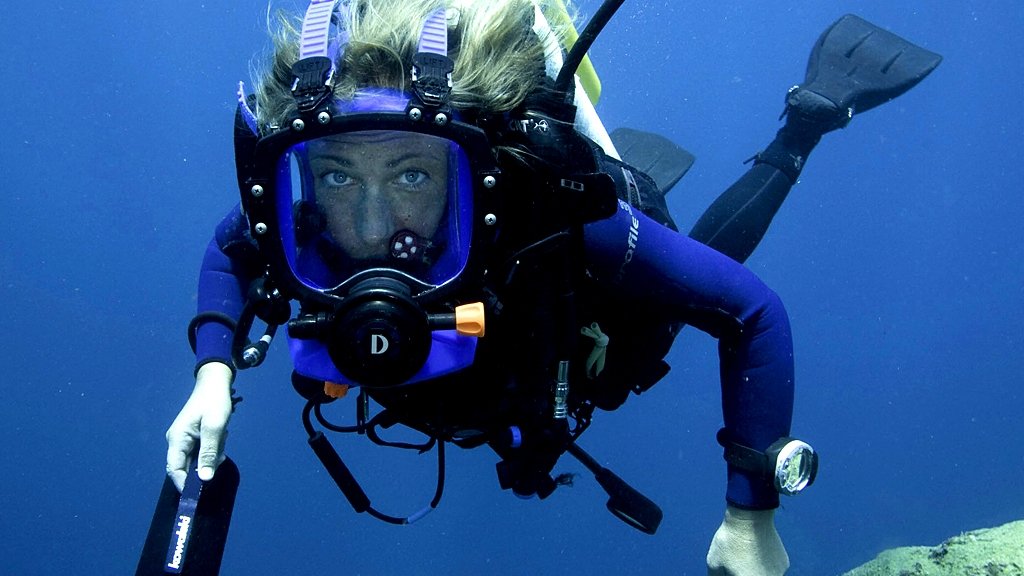
Red Sea
2008-11-26
A guide to the sites visited by the Oceans team in the Red Sea. The team dive in one of only two places on Earth you can see a new ocean being born and they uncover archaeological evidence of one of early man's first encounters with the sea.
Also Philippe Cousteau Jr has an emotional journey to the remains of an ambitious underwater village.
4
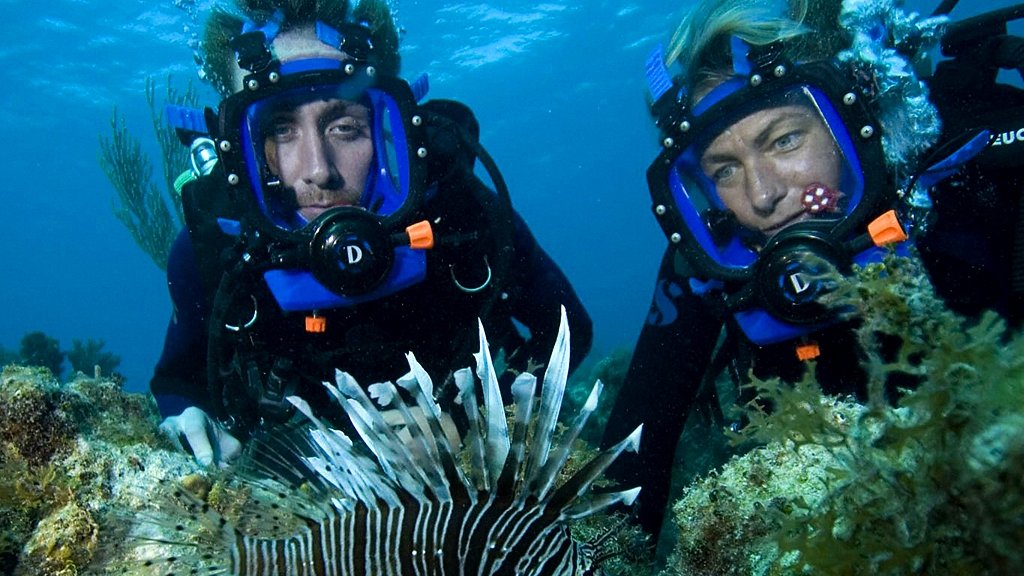
Atlantic Ocean
2008-11-27
A guide to the sites visited by the Oceans team in the Atlantic Ocean. In this episode the team make a dangerous dive into a 'black hole' to discover how different our planet's earliest oceans were 3.5 billion years ago. They dive one of only two places on the planet where the oldest life form on earth still survives. Finally they then brave waters teeming with sharks to act as human bait.
5
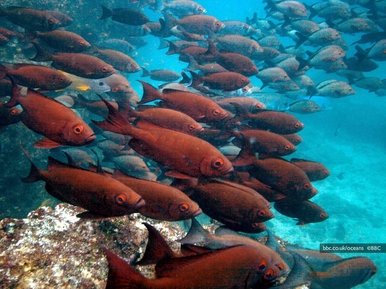
Indian Ocean
2008-12-03
A guide to the sites visited by the Oceans team in the Indian Ocean. In this episode the team investigate how schools of manta ray suffering from shark bites are treated by the inhabitants of a remarkable reef. The expedition visits a coral nursery, where an extraordinary technique is being used to repair damaged reefs.
6
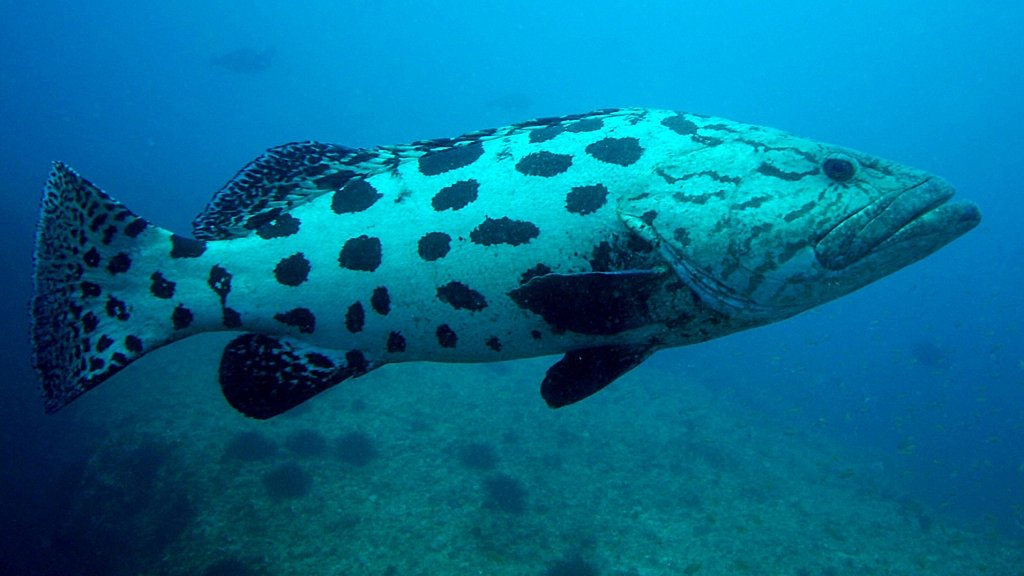
Indian Ocean - Coastal
2008-12-04
A guide to the sites visited by the Oceans team in the coastal waters of the Indian Ocean. The team search for one of the ocean's most mysterious creatures, the seahorse. They then dive in search of the sunken remains of a medieval village and the team works with scientists on a pioneering experiment to see how these coastal waters could help to predict natural disasters.
7
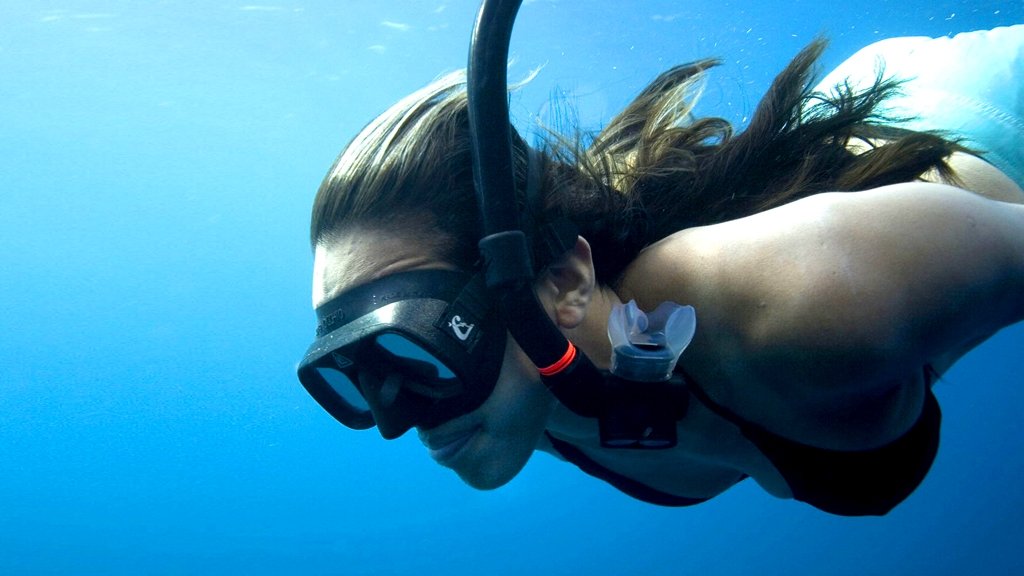
Mediterranean Sea
2008-12-10
A guide to the sites visited by the Oceans team in the Mediterranean Sea. The team investigate how the Mediterranean gave rise to one of Europe's first superpowers. Under the cover of night, they then brave the treacherous waters of the Straits of Messina to search for one of the largest predatory sharks in the world.
8
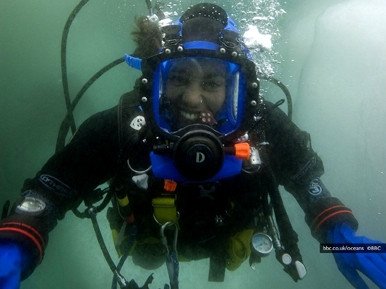
Arctic Ocean
2015-07-11
A guide to the sites visited by the Oceans team in the Arctic Ocean. The Team head to this hostile and remote ocean where they plan to dive beneath the polar ice cap to explore how the ice, the dominant feature of this ocean, is shrinking and how this could affect the rest of the world. The team risks diving in sub zero temperatures to collect samples of the tiny creatures that are the basis of the Arctic's complex food chain.
CAST
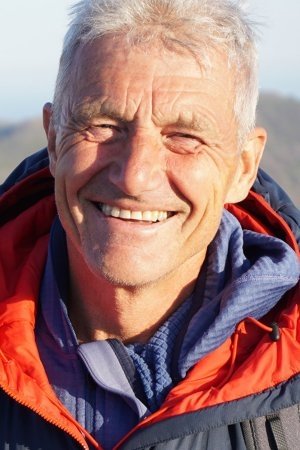
charactor: Self - Presenter
Original: Paul Rose
Total EP: 8
charactor: Self - Presenter
Original: Tooni Mahto
Total EP: 8
charactor: Self - Presenter
Original: Lucy Blue
Total EP: 8
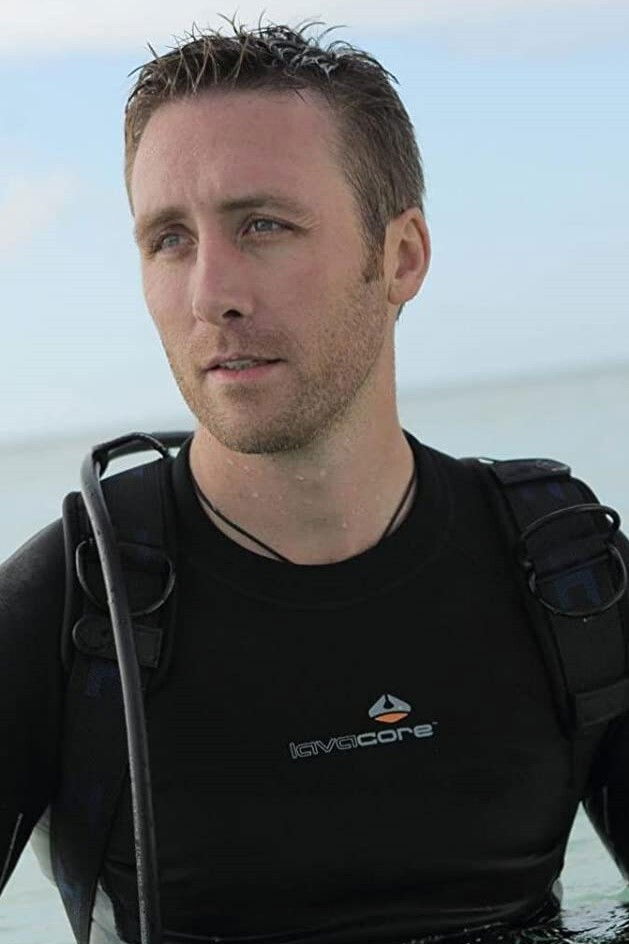
charactor: Self - Presenter
Original: Philippe Cousteau Jr.
Total EP: 8

charactor: Self - Narrator
Original: Mark Halliley
Total EP: 8
CREW
Richard Spence
Graphic Designer
Art
Michael Pitts
Director of Photography
Camera
Ian Kellett
Additional Photography
Camera
Scott Tibbles
Director of Photography
Camera
Hugh Miller
Assistant Camera
Camera
Matthew Gyves
Director
Directing
Chris Packman
Colorist
Editing
John Payazidis
Online Editor
Editing
Rebecca Lavender
Production Manager
Production
Hannah Robson
Production Assistant
Production
Matthew Dyas
Associate Producer
Production
Helen Thomas
Producer
Production
Anne Laking
Executive Producer
Production
Dan Gold
Producer
Production
Michael Kasic
Sound
Sound
Ty Unwin
Music
Sound
Simon Reynell
Sound
Sound
“I would rather entertain and hope that people learned something than educate people and hope they were entertained.” – Walt Disney

